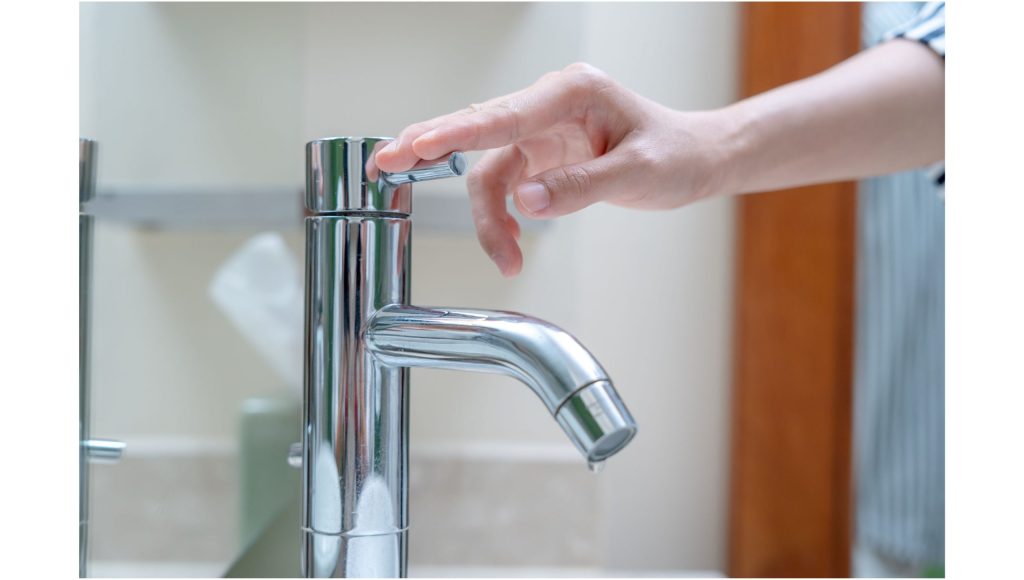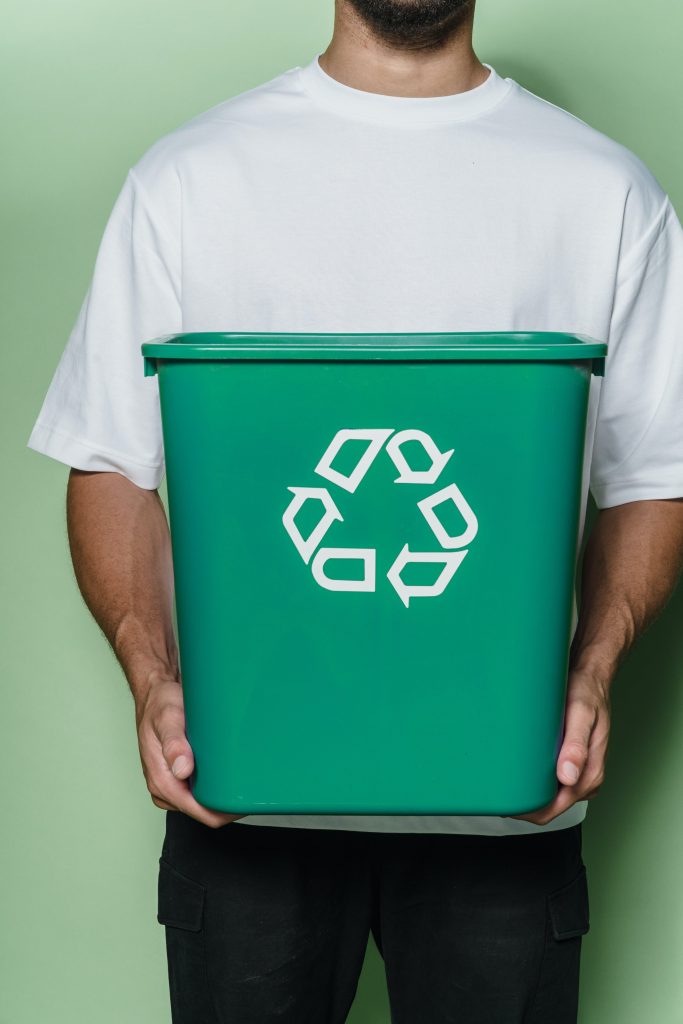BY ATIKA CHERRY
We run from dusk to dawn; the Earth fuels everything we need for a good life.
We are digging the ground and exploring deeper to collect water, gas, oil, coal, or even gold! But what about the Earth, her health? What are we offering her in return for so many favors?
In a world where sustainability is becoming increasingly critical, conserving energy, water, and other natural resources is highly recommended. By adopting earth-friendly practices, we can significantly impact the environment to ensure a better future for this blue planet and future generations.

Why it is essential to conserve energy, water, and other natural resources
The world population is exploding, putting immense pressure on natural resources. We need to act now! We are on the way to devastating water scarcity and other natural resources.
Conserving energy, water, and other natural resources is imperative because they are essential to life on Earth. Energy is necessary for powering homes and businesses, while water and other natural resources provide raw materials for everyday needs. Without them, we couldn’t heat and cool our homes, cook food, or keep ourselves clean.
In today’s world, conserving natural resources is increasingly a priority. Fortunately, plenty of easy and earth-friendly ways exist to preserve energy, water, and other natural resources. Let us figure out the way.

Types of natural resources
Natural resources are divided into renewable and nonrenewable.
Renewable sources, like hydropower, biomass, and solar energy, are undiminishable. Water, natural gas, fossil fuels, nuclear power, and minerals are nonrenewable sources. It will not be enough to fulfill the increasing demands, even if they can be replenished.
How earth-friendly measures can conserve natural resources

Start recycling today
Recycling is an easy and effective way to minimize carbon footprint. There are many things to recycle, like cans, glass, cartons, and paper products. Place the recycling bin beside the trash can to distinguish recyclable items from non-recyclable ones.
Turn off the tap and switch off the light bulb when not in use
Remember to turn off the tap when brushing your teeth or washing something. Always remember that every drop of water counts. Do not let the water run when you are not using it. A simple practice of caution can save buckets of water from being put to waste. The same applies to your house’s bulb lights and fans.

Choose eco-friendly packaging
As a conscious customer, choose eco-friendly packaging. Try not to buy Styrofoam or plastic products. It will also encourage brands to switch to sustainable packaging.
Consider thrift shopping
It takes hundreds of buckets of water to manufacture a cotton t-shirt. In the era of fast fashion, that puts natural resources at tremendous risk. Say no to fast fashion and consider thrift shopping. It will increase your attire’s life cycle while decreasing overproduction.

Switch to renewable energy
Oils and natural oils power electronic appliances like TVs, computers, and lights. However, these energy sources are not renewable, releasing greenhouse gases. Although they are the preferred option for convenience and accessibility, try alternative sources. For example, install solar panels on your home to reduce dependence on traditional energy sources.
Follow a plant-based diet
A plant-based diet with less meat will keep you and the planet healthy. The livestock industry produces tons of harmful greenhouse gases. So, lowering meat consumption will reduce your carbon footprint.
Moreover, according to the National Geographic Society, “A day’s worth of food requires 2,000 to 5,000 liters of water to produce.” Producing meat-based food requires more water than producing plant-based food. Your choice could significantly contribute to conserving the environment.

Develop a minimal lifestyle
Minimalism’s motto is ‘less is more.’ It encourages conscious decisions and buying only what you need. Since overconsumption is often the reason for exploiting natural resources, minimalism will significantly help you conserve natural resources.
Lowering our thermostat
By lowering our thermostat by just a few degrees, we can significantly reduce the energy used by our HVAC system. For that to happen, we must have proper insulation in our homes.

Raising awareness will also facilitate conservation.
Each of the actions above is a personal activity. But if we want to create a more significant impact, there are many ways to do that.
For example, we can create a club with friends or neighbors who share our views to promote organic farming, agroforestry, and natural insect and pest management. These earth-friendly ways will enable us to conserve natural resources at both personal and community levels.
We can all conserve energy, water, and other natural resources by implementing these earth-friendly practices. Small changes in our daily lives can significantly benefit the environment and create a sustainable future for our planet. Let’s embrace these actions and inspire others to join us in preserving our world for future generations.



